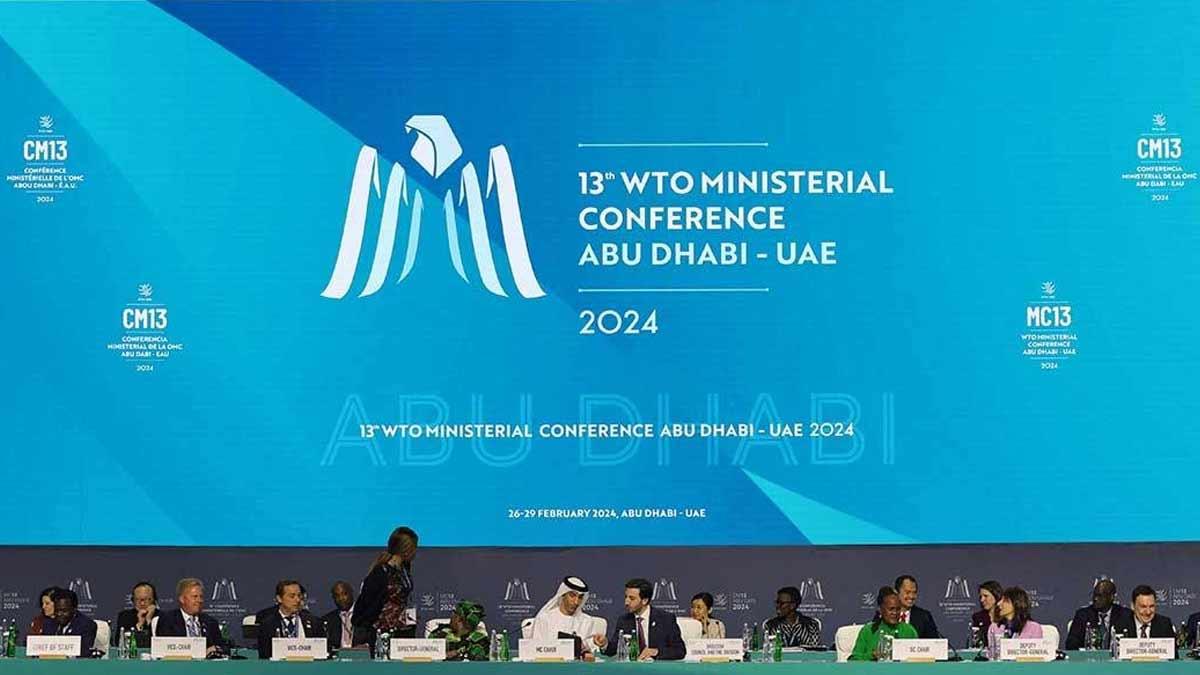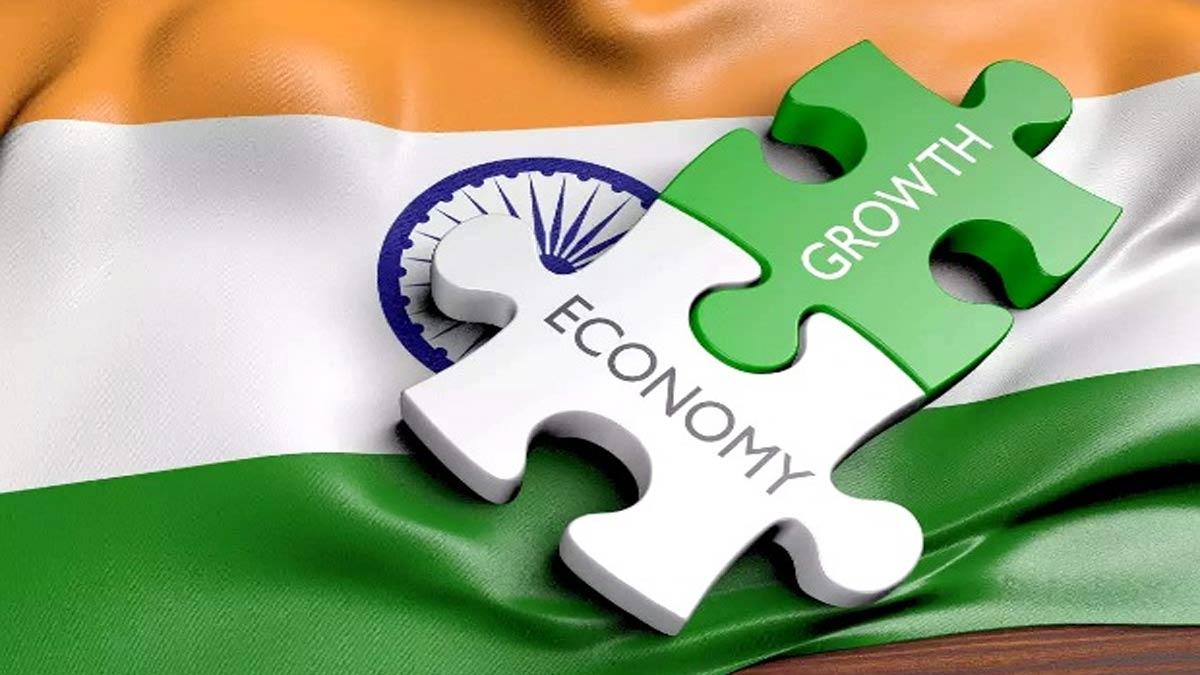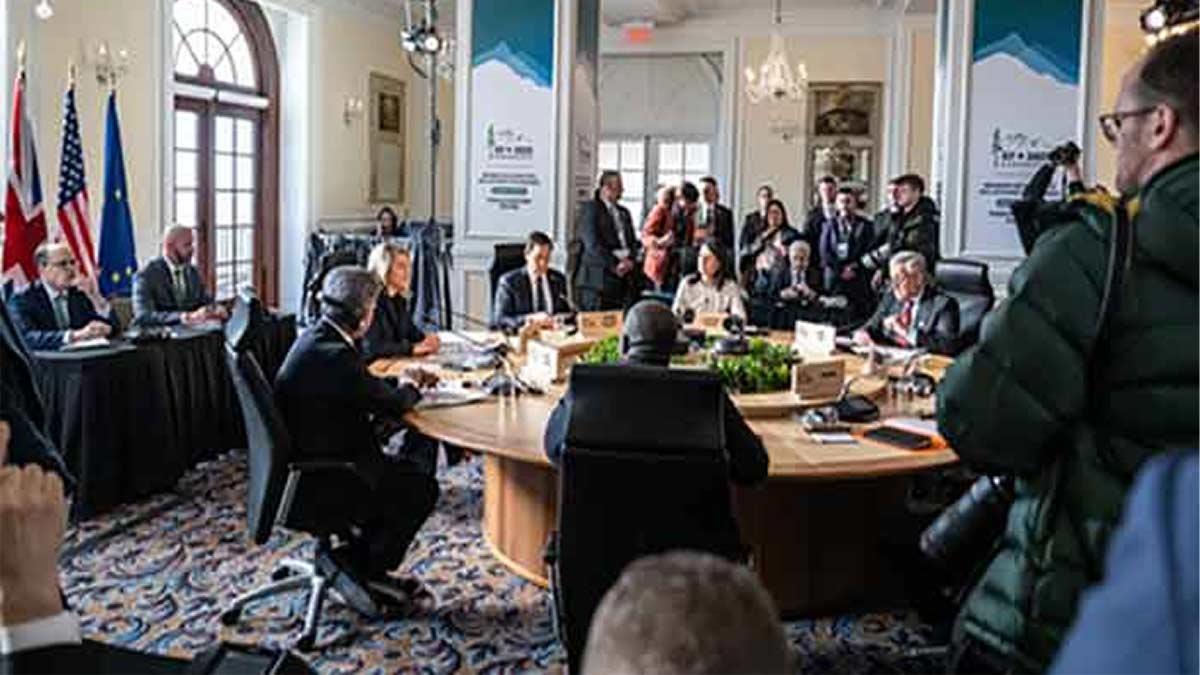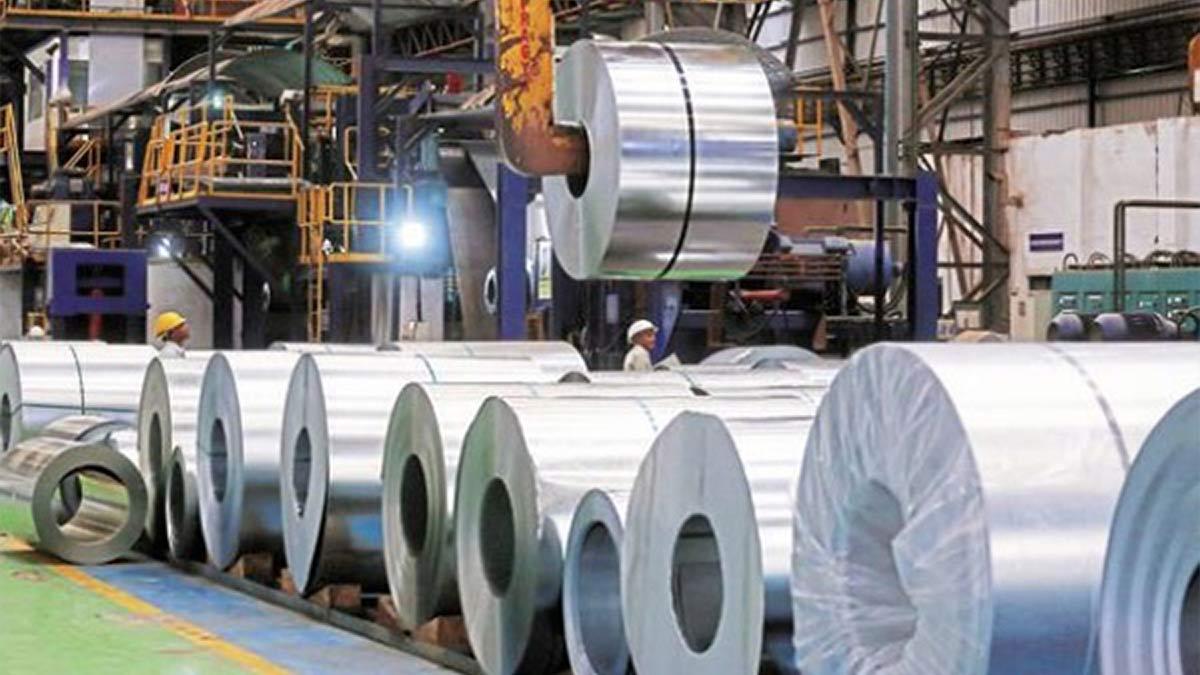India stands in opposition to a proposal spearheaded by China regarding investment facilitation within the World Trade Organization (WTO), according to an official. The Indian stance asserts that such matters are non-trade related and thus fall beyond the scope of the WTO's jurisdiction.
A coalition of over 120 nations, led by China, is advocating for the incorporation of the Investment Facilitation for Development Agreement (IFD) proposal into the framework of the WTO. This group aims to address the issue during the 13th ministerial conference (MC), which commenced on February 26 and spans four days.
Expressing India's perspective, the official emphasized that the WTO should focus solely on trade-related matters. Therefore, India opposes the integration of non-trade issues into the WTO's framework. The proponents seek to introduce the proposal through Annexure 4 of the WTO, making it binding solely on signatory members, excluding dissenting parties.
India's objection stems from the belief that proponents of the IFD should not attempt to introduce a non-mandated, non-multilateral issue into the formal WTO process. Such action would contravene the principles of the WTO framework and its consensus-based decision-making approach.
Furthermore, the official highlighted that the proposal is primarily driven by the vested interests of the coalition.
Although WTO decisions typically require consensus, member countries have the prerogative to form groups and establish agreements among themselves. These agreements fall under Annexure 4 of the WTO, which pertains to plurilateral agreements.
The inception of the IFD dates back to 2017, initiated by China and other nations heavily reliant on Chinese investments, including those with sovereign wealth funds.
Regarding the e-commerce moratorium, India opposes any extension beyond March 31 of the current year. The ongoing moratorium on customs duties for electronic transmissions, in effect since 1998, remains a contentious issue within the WTO and holds significant importance for India during MC13.
India, along with several other developing nations, advocates for the discontinuation of the moratorium and presents specific demands at MC13 to achieve this objective. Conversely, developed nations advocate for the permanent adoption of duty-free digital transmission.


















